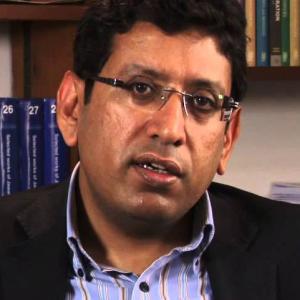The political economy of private sector dynamism in the Middle East
The Middle East suffers from a fragile private sector that is weakly connected with global markets and thrives largely under state patronage. The weak and dependent private sector is one of the most pressing development challenges. A robust private sector is connected both with the challenge of job creation and the creation of an independent constituency for socio-political change. While private sector development has traditionally been viewed through a narrow economic lens, this call for proposals seeks to invite rigorous submissions in the political economy tradition.
Although most countries, starting in the 1980s, implemented economic reforms in one guise or another, these have failed to give rise to a competitive and dynamic private sector. There is by now a wide political science literature on the development of crony capitalism in the region in the context of the economic but not political liberalisations of the 1980s and 1990s, which re-wrote the rules of the game in ways that strengthened ruling regimes in an environment where direct state interventionism had to be curtailed for a variety of reasons. Cronyism has been blamed for low levels of competition, innovation, and job creation, in addition to rising inequality, a failed industrial policy, and prolonging the life of autocratic rule.
A key objective of this project is to develop a more refined account of the mechanisms used to privilege insiders and to exclude the vast array of firms. We hope that the invited submissions will also be able to describe the economic effects of these practices. The second objective of this project is to explore the impact of privileges on the dynamics of the private sector. Although extensive state-business interactions can form the basis for dynamic capitalism, they can also become sources of insider influence, corruption and other forms of rent-seeking, that distort politics, regulation, judicial functioning and business incentives. It is thus important to investigate differences in firm performance, at country level, but also in specific sectors. The system of de facto privileges and restrictions has created a corporate pyramid composed of a small number of connected firms at the top, where competition is muted, and a large base of small firms at the bottom. This “missing middle” points to a more daunting challenge: very few small firms are able to grow into medium and large firms. The region lacks healthy firm dynamics, with the result that firms face adverse conditions for entry, access, mobility, and exit.
This project is funded by the Cairo-based Economic Research Forum.

